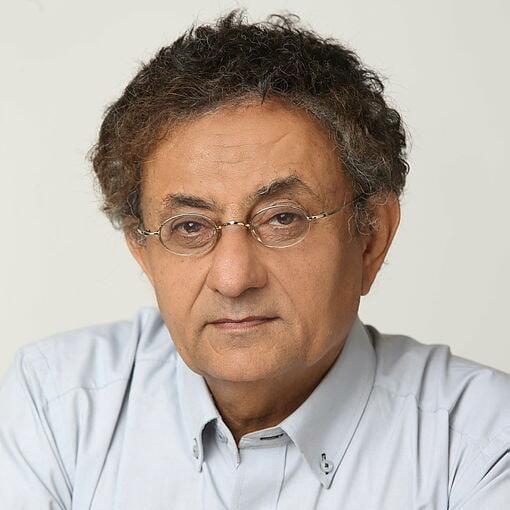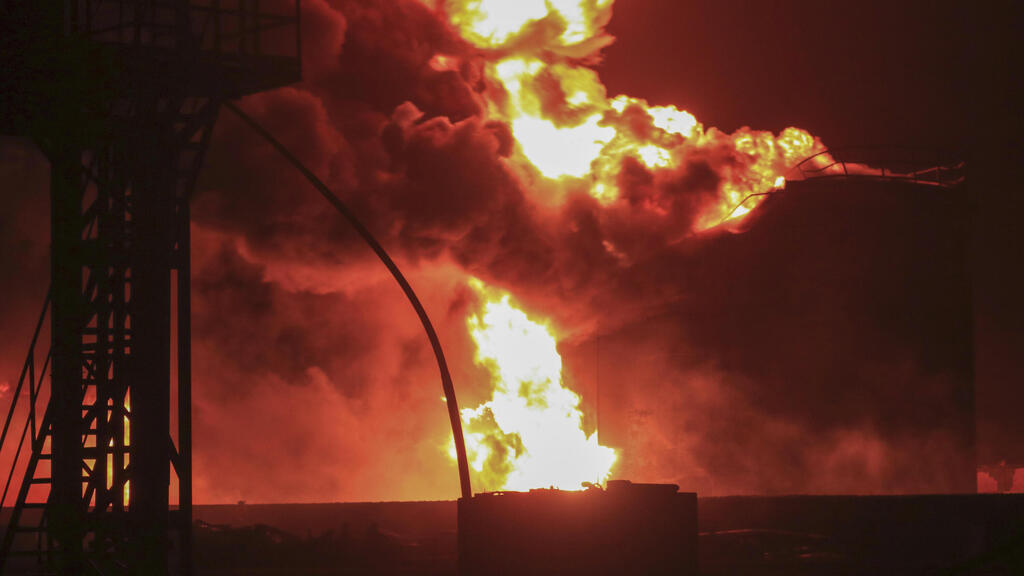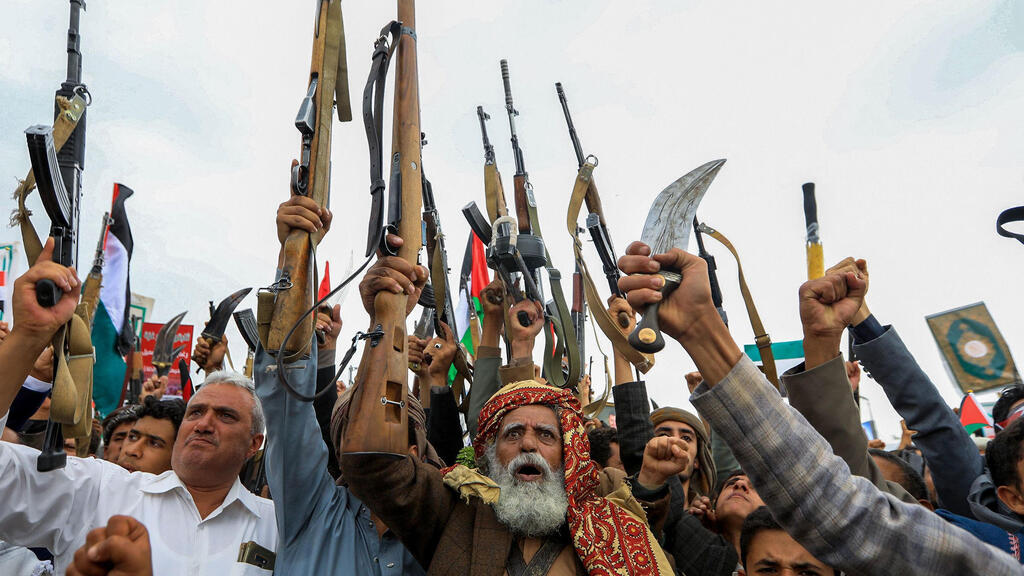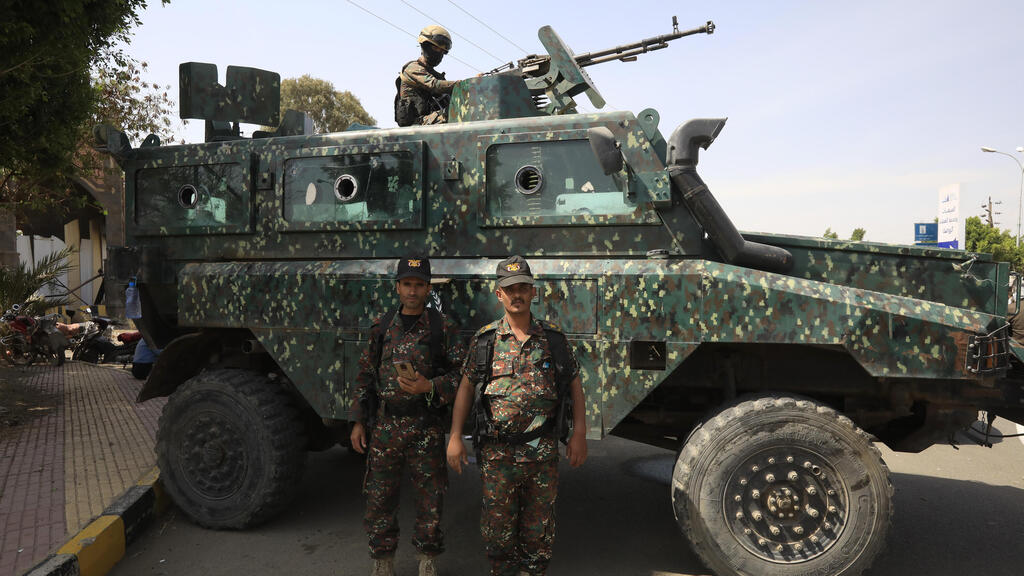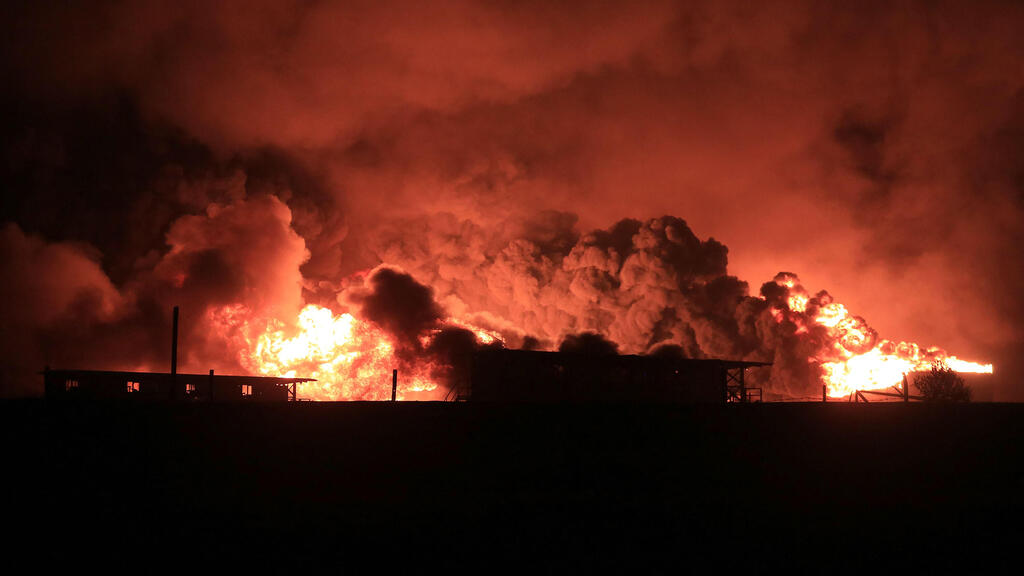It was a strange airport. Small. Neglected. We managed to pass through border control, a small group of Israelis, on the first-ever visit of its kind to Yemen. The first and last. It was in 2000. We thought and hoped this visit would be another milestone toward regional peace. Near the end of that year, the second intifada began. The dream was shattered.
There was an unpleasant smell on the way from the airport. A welcome of flowing sewage. The capital, Sana'a, looked impressive from a distance, with its unique architecture of elongated buildings, some colorful. When we reached the outskirts of the city, our expectation was met with disappointment.
This is a city without sanitation services. After visiting many Arab capitals, most of them look like pharmacies in comparison. And the women, Houthi or not, are covered from head to toe. This is a country that was ahead of all Arab states in its religious radicalism. And the more radical, the greater the poverty and neglect.
We were two journalists in a group of eight. We had a scheduled meeting with the Speaker of Parliament. At the last moment, he got cold feet. The local press reported on the first-ever visit, in a somewhat critical tone. We were warmly received in Sana’a’s market, with Israeli music. This was perhaps the only way in which some affection was had for anything Israeli.
We traveled to northern Yemen, to Saada and another village. There, the last Jewish families in the country hosted us. The youth spoke Yiddish-English because the Satmar Hasidim were the only ones allowed to be in contact with the Jewish community, whose youth were sent to their New York yeshivas. This was, though we weren’t aware then, the center of Houthi power. From there, the war broke out which led them to conquer most of northern Yemen.
The cost of the war was terrifying. Out of a population of about 34 million, 9.8 million children are found in humanitarian crisis conditions. Some 4.3 million have become refugees. A self-made catastrophe. About 400,000 people were killed in the war initiated by the Houthis. The income per capita stands at $2,000, and life expectancy is less than 64 years.
Most can only dream of the standard of living and quality of life of Palestinians in the territories held by Israel. They don't interest the world, so maybe they need a war with the Jewish state to get attention. Meanwhile, they can die of hunger.
And in the United States, during protests against Israel, I heard crowds shouting: "Yemen, Yemen, make us proud, please sink another ship." Delusional progressives? Certainly. After all, the Houthis' flag reads: "God is the Greatest, Death to America, Death to Israel, A Curse Upon the Jews, Victory to Islam.”
Time will tell if the Israeli attack on the Al Hudaydah port achieved anything
And so, it doesn't matter that this is the darkest movement the world has seen, condemning its people to suffering and starvation. They’re against the Jews. So they deserve support. And one thing proves itself again and again, everywhere in the world: wherever radical Islam rules, Sunni, Shia, or Zaidi, the result is destruction, ruin and bloodshed.
Although it’s the most backward, poorest, ravaged and starving country in the Arab world, this doesn’t reduce its fighting capability. It reminds me of Hezbollah and Hamas. Saudi Arabia and the United Arab Emirates (UAE) fought against the Houthis' takeover of Yemen and could not defeat them.
The UAE withdrew. Saudi Arabia suffered countless blows, especially to its oil industry, and reached a cease-fire agreement. The United States, in a poor move, removed the Houthis from the list of terrorist organizations.
How can you legitimize an organization whose flag is captioned with "Death to America"? That’s unclear. In any case, most Yemenis suffer from constant food shortages. But the Houthis have resilience. Like most points in the axis of evil in the Middle East, Iran is the one which fuel most of the terrorist organizations and regional bloodshed.
Time will tell if the Israeli attack on the Al Hudaydah port achieved anything. When considering the matter, it’s worth remembering the Islamist logic: We’re willing to suffer severe damage ourselves as long as we manage to achieve even a small humiliation to the enemy.
It's unclear what should be done next. It’s clear there’s no need to enter a war of attrition with the Houthis. Saudi Arabia and the UAE have already seen the end of this burned rope. There’s no reason for us to reach it as well.
Confrontations with regional terrorist groups only help Iran. There’s a need to move away from the concept of small, taxing confrontations with the enemy. They wear Israel down. They don’t harm the overall patron, Iran. Perhaps there’s a need to inflict real damage on Iran's oil exports.
The focus in this should be the island of Kharg. The Iranians, via the Houthis, have already done this to Saudi Arabia. And Saudi Arabia folded. Maybe it's time for Israel to cause a little more damage to Iran. That's what they truly understand. However, we shouldn’t rush to launch a regional war.
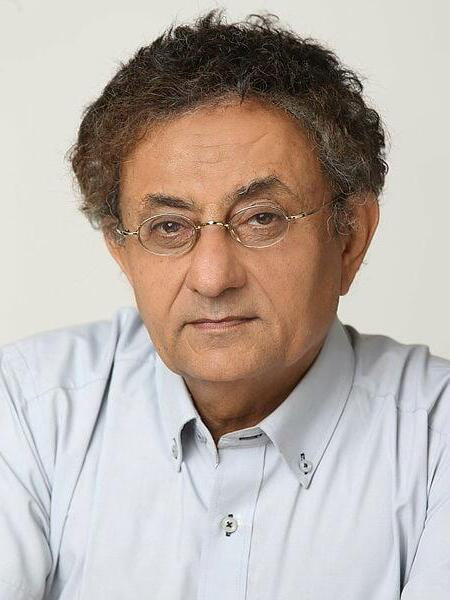 Ben-Dror YeminiPhoto: Avigail Uzi
Ben-Dror YeminiPhoto: Avigail UziBut Israel’s experience with the Houthis and Hezbollah should have already made it clear to us that prolonged restraint doesn’t deter the enemy, likely the opposite is true. We’ve already experienced the mindset of restraint. We’re paying a high price for it. There’s no need for more of it, which will eventually cost us a much higher price.



